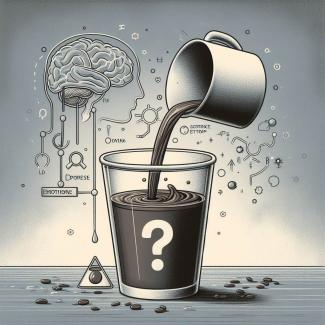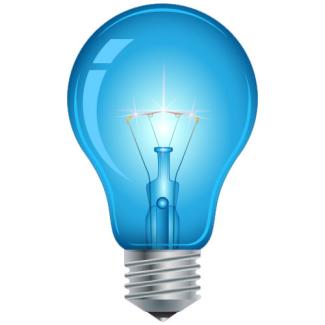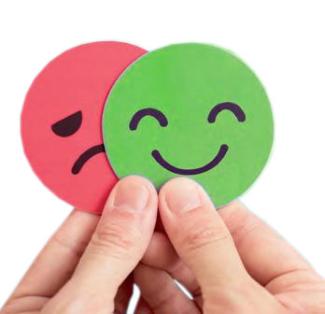
The relationship between caffeine and depression is multifaceted and involves several factors:
- Neurotransmitter effects: Caffeine affects the activity of neurotransmitters in the brain, such as dopamine, norepinephrine, and serotonin. While caffeine can temporarily improve mood and increase alertness, prolonged and excessive exposure to caffeine can disrupt the function of these neurotransmitters, which may contribute to the development or exacerbation of depression.
- Impact on sleep: Caffeine is a stimulant that can affect the quality and quantity of sleep. Although caffeine can help in short-term enhancement of alertness, excessive consumption can lead to sleep disturbances such as insomnia, disrupted sleep, or shallow sleep. Poor sleep quality is associated with an increased risk of depression.
- Physical reactions: Individuals respond differently to caffeine, with some experiencing increased anxiety or irritability in response to excessive caffeine intake. Long-term exposure to such negative physical reactions may contribute to an increase in depressive symptoms.
- The relationship between caffeine and other risk factors for depression: People who consume large amounts of caffeine often exhibit other behavioral patterns associated with depression, such as unhealthy diet, insufficient physical activity, and poor stress management skills.
It's important to understand that each individual responds differently to caffeine, so its impact on depression can vary. For some people, moderate caffeine consumption may not pose problems, while others may notice negative effects even with small amounts. If you have concerns about how caffeine may be affecting your mood or if you notice symptoms of depression, it's advisable to consult with a mental health professional.
How to prevent caffeine from increasing depression?
Preventing caffeine from exacerbating depression involves adopting strategies to moderate caffeine intake and promote overall mental well-being. Here are some tips:
- Limit caffeine intake: Reduce or limit consumption of caffeinated beverages such as coffee, tea, soda, and energy drinks. Gradually decrease your caffeine intake to avoid withdrawal symptoms.
- Maintain a regular sleep schedule: Adequate sleep is crucial for mental health. Establish a consistent sleep schedule to prevent sleep disturbances that can worsen depression symptoms.
- Balanced diet: Consume a balanced diet rich in fruits, vegetables, whole grains, and lean proteins. Nutrient-dense foods can support mood regulation and overall mental health.
- Regular exercise: Engage in regular physical activity, as exercise has been shown to improve mood and reduce symptoms of depression. Aim for at least 30 minutes of moderate-intensity exercise most days of the week.
- Stress management: Practice stress-reduction techniques such as mindfulness meditation, deep breathing exercises, or progressive muscle relaxation to help cope with stressors that may contribute to depression.
- Monitor caffeine intake: Pay attention to how caffeine affects your mood and energy levels. If you notice that caffeine worsens your depressive symptoms, consider reducing or eliminating it from your diet.
- Stay hydrated: Drink plenty of water throughout the day to stay hydrated, as dehydration can exacerbate feelings of fatigue and low mood.
- Seek professional help: If you're struggling with depression or find it difficult to manage your caffeine intake, consider seeking support from a mental health professional. They can provide personalized guidance and treatment options to address your specific needs.
By implementing these strategies, you can better manage your caffeine intake and reduce the risk of it exacerbating depressive symptoms. Remember that individual responses to caffeine vary, so it's important to listen to your body and make choices that support your overall mental health and well-being.






